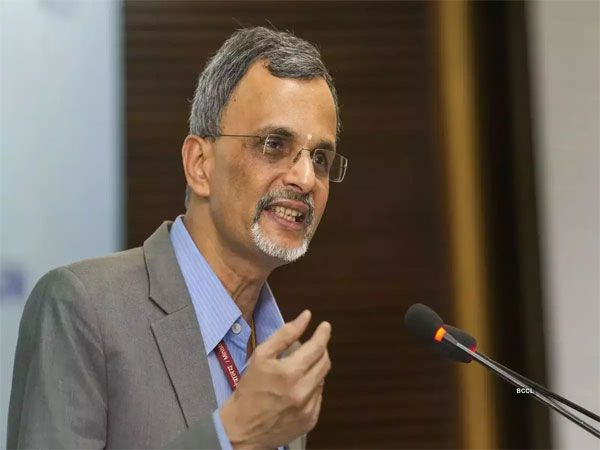Daijiworld Media Network - New Delhi
Mumbai, Aug 13: Chief economic advisor V Anantha Nageswaran asserted that India’s economic momentum remains intact, backed by encouraging high-frequency indicators. Speaking at an event in Mumbai, he stressed that trade concerns shouldn’t eclipse broader structural challenges, such as energy security, AI readiness, and semiconductor capacity.
Nageswaran noted that last year’s consumption slowdown stemmed primarily from tight credit and liquidity. In response, the government slashed middle-class taxes and the RBI cut rates by 100 basis points, while maintaining surplus liquidity to revive growth.

Focus Must Shift to AI and Chips
The CEA emphasized the urgent need for India to scale up efforts in artificial intelligence and semiconductor manufacturing to remain globally competitive.
“We must pool public and private resources and build sector-wide collaboration,” Nageswaran said, urging businesses to look beyond short-term earnings and contribute to national priorities.
While the US leads in AI and chip design with giants like Nvidia, Intel, and AMD, and China backs domestic chipmaking, India is still laying the groundwork. The government’s Semicon India initiative and recent approval of Rs 4,600 crore for new projects in Odisha, Punjab, and Andhra Pradesh mark early steps.
Online Gaming, Options Trading Changing Consumption
Nageswaran pointed to emerging trends in urban consumption, highlighting a growing shift toward online gaming and options speculation.
• In July alone, Indian consumers spent around Rs 10,000 crore on online gaming — an annualised figure of Rs 1.2 lakh crore.
• He likened this speculative shift to trends in options and derivatives trading, warning that "it is the house that builds and not speculates."
He also flagged the data blind spot as a concern, noting that much of urban consumption is moving to unlisted sectors, particularly in services, making it harder to measure and assess economic participation accurately.
US Tariffs Impact: Too Early to Tell
On the issue of US tariffs, Nageswaran said it was premature to gauge their effect on India's GDP, although the situation would be monitored closely.
In closing, he called for strategic thinking and long-term planning, especially in areas that could define India's economic trajectory — AI, energy, manufacturing, and consumption behavior.